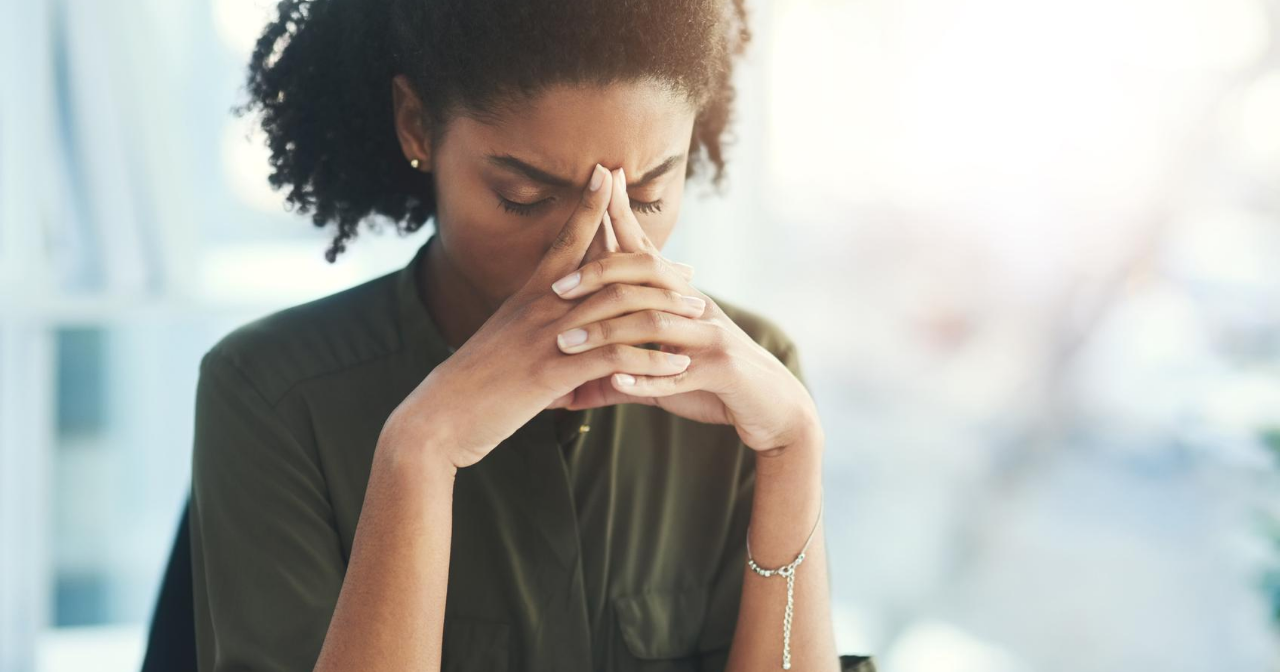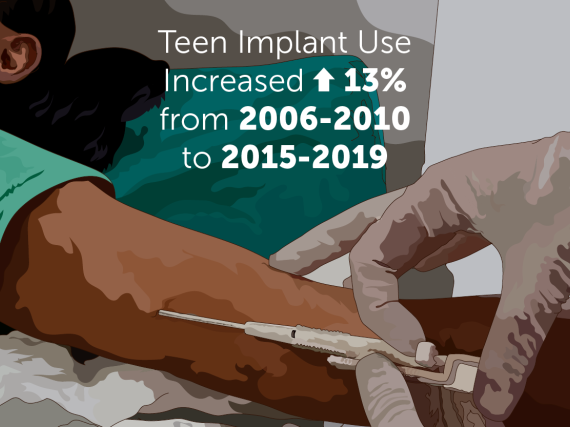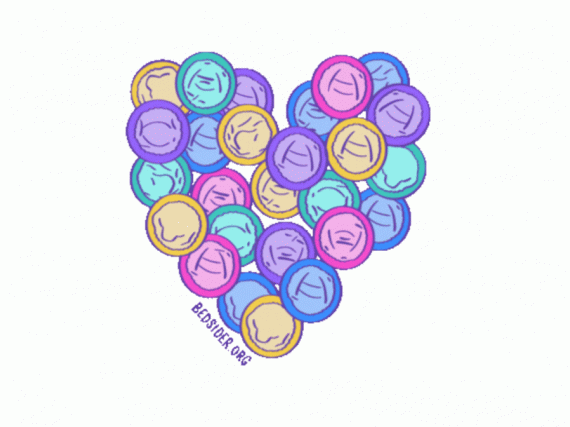Minority Mental Health: Data Breakdown
As our country faces a global pandemic and an economic crisis, as well as increased scrutiny of long-existing racial inequities and, most recently, a devastating blow to women’s health, it’s safe to say it has been a difficult year for everyone. But communities of color especially have been affected the most. With all the hardships that America is enduring at one time, it’s not surprising that more than 80% of US adults report the nation's future is a significant source of stress and are the unhappiest they’ve been in 50 years. Experts warn that the extreme stress people are currently facing will drastically impact their mental health and will lead to longer-term psychiatric disorders.
We must prepare “for the mental health crisis that looms next.”
For these reasons, this year, Minority Mental Health Awareness Month is extremely important to acknowledge. We must protect “people of color, particularly African Americans, that feel the stigma more keenly. In a race-conscious society, some don’t want to be perceived as having yet another deficit,” explained Bebe Moore Campbell, mental health advocate and Minority Mental Health Awareness Month honoree.
In order to prepare for a mental health crisis, mental health should be acknowledged for what it is, an illness. With 1 in 5 adults in the United States experiencing mental illness in a given year, and Black/African American adults reporting 20% more serious psychological distress than adult whites this becomes a health care concern. Even more concerning Black Americans are less likely to receive treatment than their white peers. For example, in 2015, among adults with any mental illness, 48% of whites received mental health services, compared with 31% of Blacks and Hispanics, and 22% of Asians.
Second, we must erase the stigma that underrepresented racial and ethnic groups face when it comes to mental health. The Centers for Disease Control and Prevention explains, “attitudes and beliefs about mental illness are shaped by personal knowledge about mental illness, knowing and interacting with someone living with mental illness, cultural stereotypes about mental illness, media stories, and familiarity with institutional practices and past restrictions. When such attitudes and beliefs are expressed positively, they can result in supportive and inclusive behaviors.”
Although most American adults agree that mental health is nothing to be ashamed of, a 2018 survey found that 33% of respondents agreed with the statement, "People with mental health disorders scare me." And about 40% said “they would view someone differently if they knew that person had a mental health disorder”. Statements like these are why Black Americans are 20% more likely to report serious psychological distress than non-Hispanic white Americans.
Lastly, these underrepresented communities need accurate information, reliable resources, and quality care that is accessible. Free resources such as, Improving Cultural Competency for Behavioral Health Professionals, is an e-learning program geared at behavioral health professionals to increase their cultural and linguistic competency, which will help them better serve their client’s needs. For people dealing with mental health, hormonal birth control can also be a resource because it helps alleviate depression symptoms associated with premenstrual syndrome (PMS) and premenstrual dysphoric disorder (PMDD). Different types of birth control can help manage and improve people’s moods and overall mental health in addition to protecting them against unplanned pregnancy. Telehealth is another great resource, especially, in these times to treat patients from the comfort of their own home.
Even before the pandemic started, mental health disparities among people of color were alarming. Though we place extra focus on minority mental health this July, we must not forget about its importance the other 11 months of the year as mental health plays a crucial role in our overall reproductive well-being.



